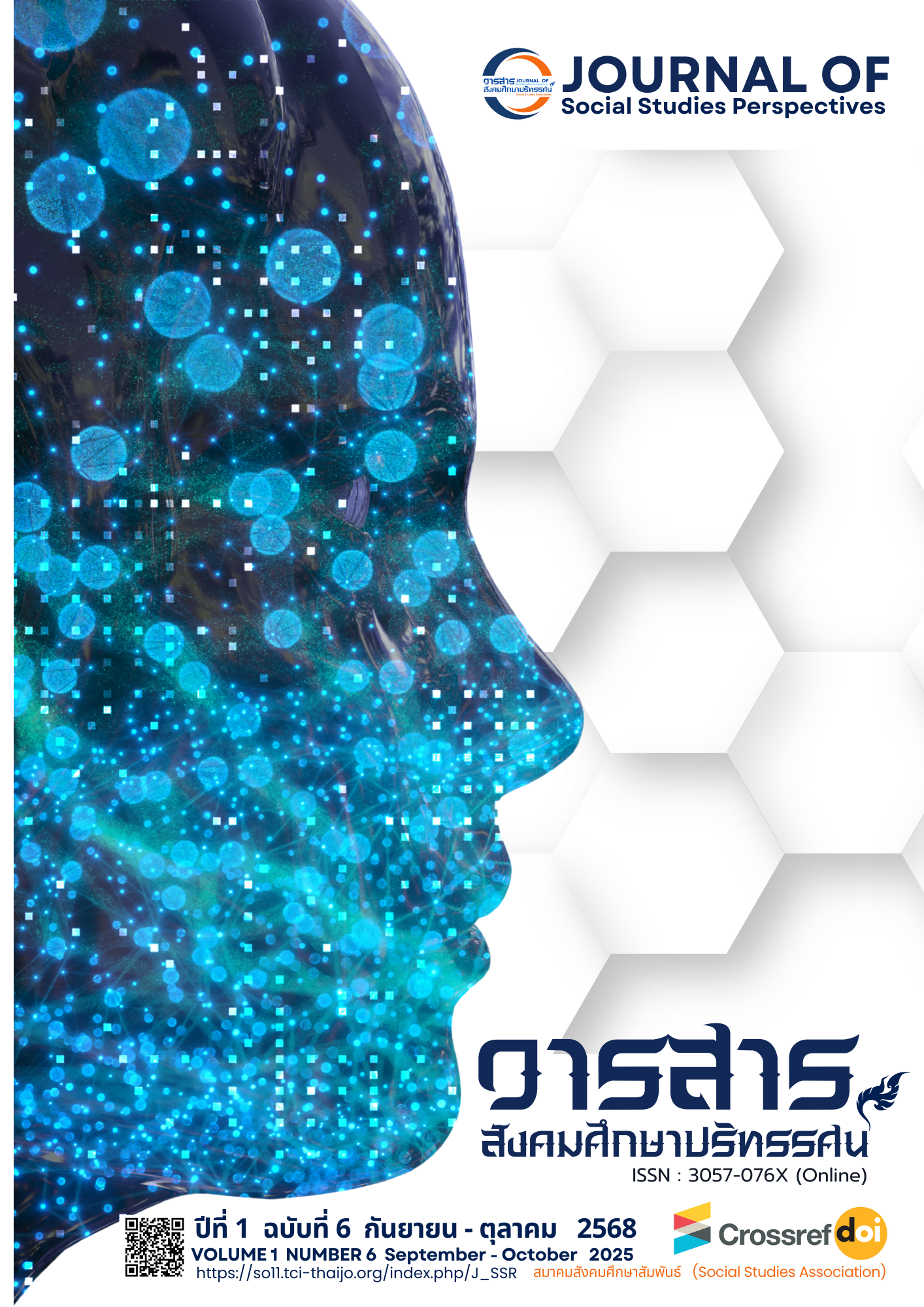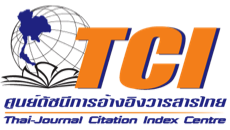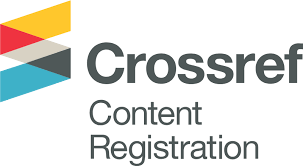EDUCATIONAL MANAGEMENT BASED ON THE SUFFICIENCY ECONOMY PHILOSOPHY
DOI:
https://doi.org/10.64186/jsp2445Keywords:
Educational Management , Philosophy of Sufficiency Economy , Aadministration of Aducational InstitutionsAbstract
This academic article aims to present educational management based on the Philosophy of Sufficiency Economy, which serves as a learning management process applicable at all educational levels. The philosophy originates from the royal guidance of His Majesty King Bhumibol Adulyadej The Great, who continuously offered directions for the Thai people on how to live a balanced and sustainable life. His royal teachings, given long before the economic crisis, and reiterated during and after the crisis, emphasized resilience, moderation, and sustainable self-reliance amid social and economic changes. The article presents three key aspects 1) Guidelines for implementing educational management based on the Philosophy of Sufficiency Economy, 2) Indicators of successful school administration in accordance with this philosophy, and 3)Factors associated with the success of basic educational administration under the Sufficiency Economy approach.The Philosophy of Sufficiency Economy serves as essential knowledge for educational administrators, enabling them to manage education in line with Thailand’s fundamental educational philosophy. It provides a practical framework for all Thai people to live with moderation and self-reliance, to have sufficient access to the four necessities of life, and to maintain a happy and sustainable way of living appropriate to their circumstances.
References
Kalong, C. (2017). School management and guidelines for development based on the philosophy of sufficiency economy of schools under Mahasarakham Primary Educational Service Area Office 2 (Master’s thesis, Mahasarakham Rajabhat University).
Keawmun, N. (2017). School administrators’ ethics and personnel management as perceived by school administrators and teachers in schools under municipalities in Saraburi Province (Master’s thesis, Thepsatri Rajabhat University).
Pankum, W. (2000). School development strategic planning for the learning center applying the concept of the philosophy of sufficiency economy at Rajaprajanugroh 13 School, Uttaradit Province (Master’s thesis, Chiang Mai University).
Panyatep, W. (2020). The development of cooperative learning activities using the Student Team-Assisted Divisions (STAD) technique and mind map on the topic “Technique of the sufficiency economy and cooperatives” for Mathayomsuksa 5 students (Master’s thesis, Mahasarakham Rajabhat University).
Pata, C. (2024). Guidelines for upgrading the management of sufficiency schools according to the sustainable sufficiency economy philosophy of Doi Tao Wittayakhom School (Master’s thesis, Chiang Mai University).
Pinijparinya, P. (2023). Moral organization assessment as a measure to improve governance in the public sector: A case study of the Budget Bureau (Master’s thesis, Chulalongkorn University).
Sanyot, T. (2017). A model of school administration based on the principles of the sufficiency economy for small-sized secondary schools in Northeast Thailand (Doctoral dissertation, Sakon Nakhon Rajabhat University).
Singsamran, P. (2017). Sufficiency economy behavior of graduate diploma in teaching profession students of North Bangkok University (Research report, Office of Research Affairs, North Bangkok University).
Suwanich, C. (2015). The development of a provincial learning resources center model for lifelong learning on the philosophy of sufficiency economy (Research report, Office of Research Affairs, Chandrakasem Rajabhat University).
Thaweesat, T. (2015). An application of the sufficiency economy philosophy in the life conduct of students at the Royal Police Cadet Academy (Master’s thesis, Phranakhon Rajabhat University).
Downloads
Published
How to Cite
Issue
Section
Categories
License
Copyright (c) 2025 Journal of social studies perspectives

This work is licensed under a Creative Commons Attribution-NonCommercial-NoDerivatives 4.0 International License.
The article is published under the Creative Commons Attribution-NonCommercial-NoDerivatives 4.0 International (CC BY-NC-ND 4.0) license, which allows others to share the article while giving appropriate credit to the author. It prohibits the use of the article for commercial purposes or the creation of derivative works. Any other reuse or reproduction requires permission from the journal.










